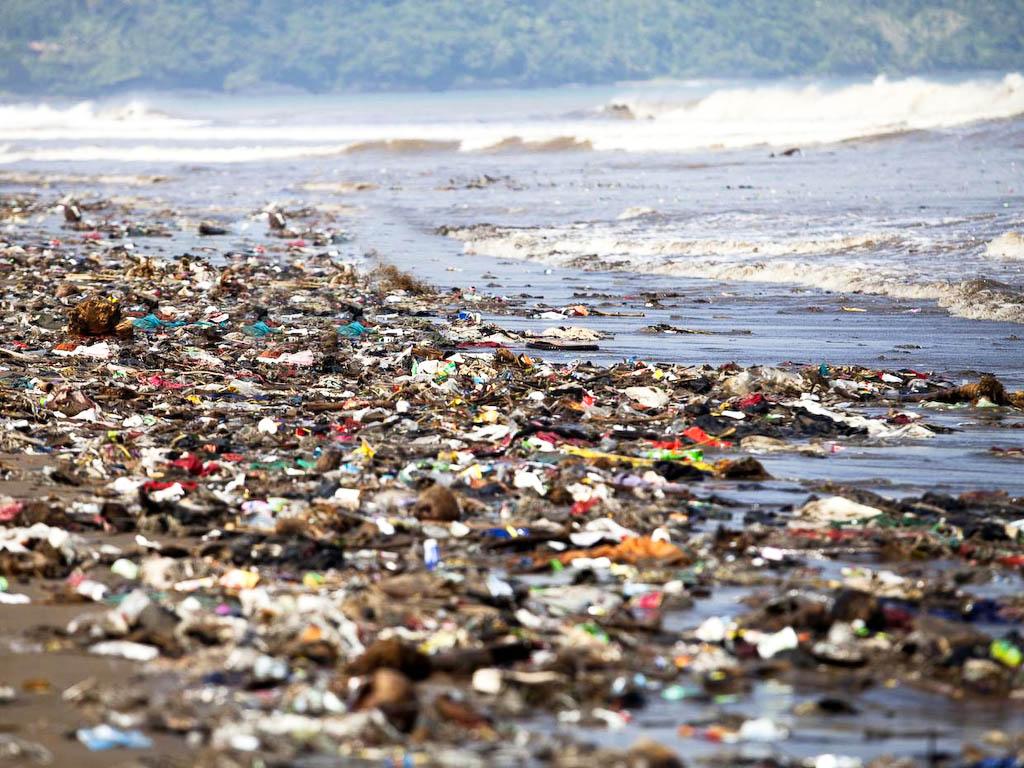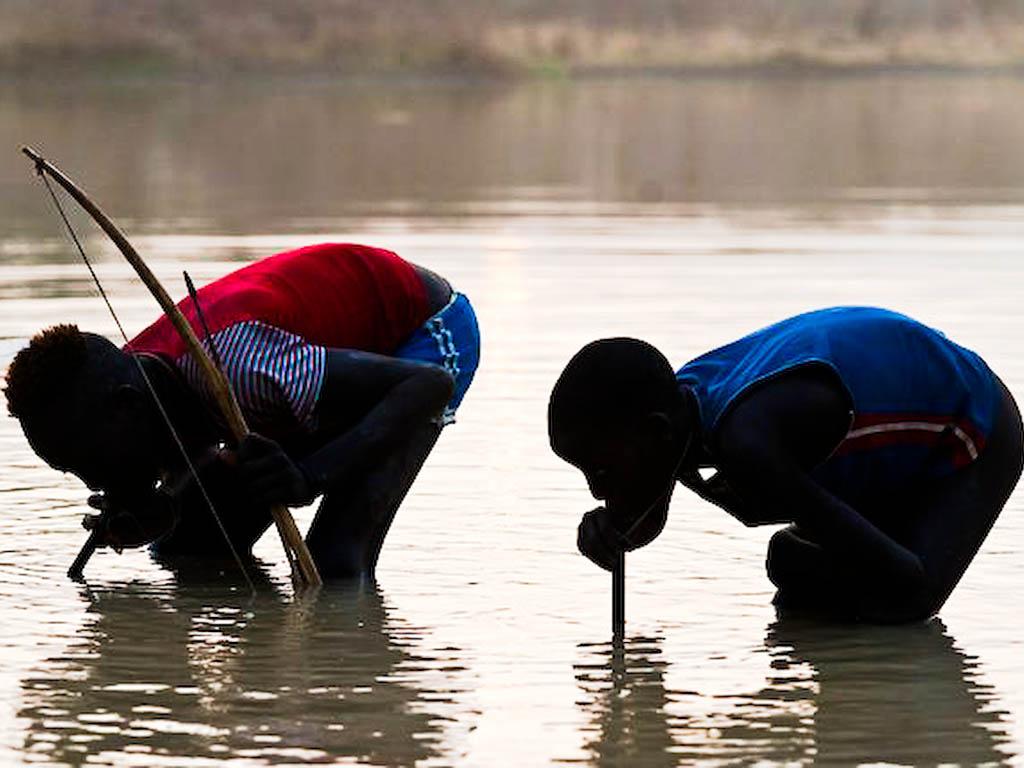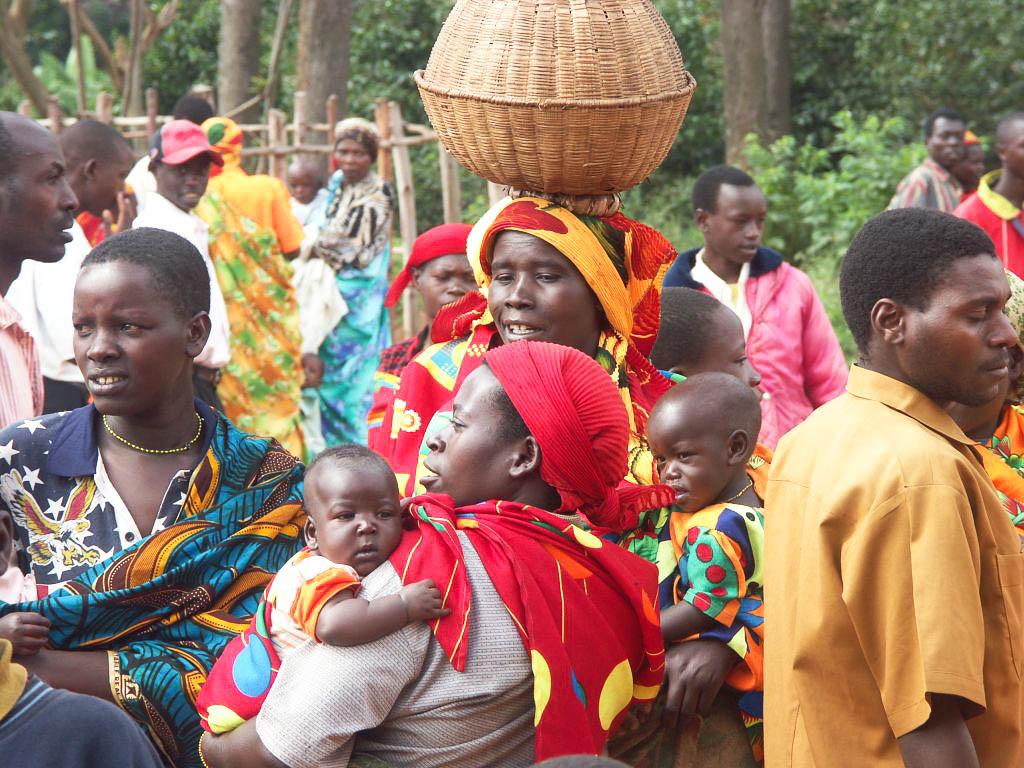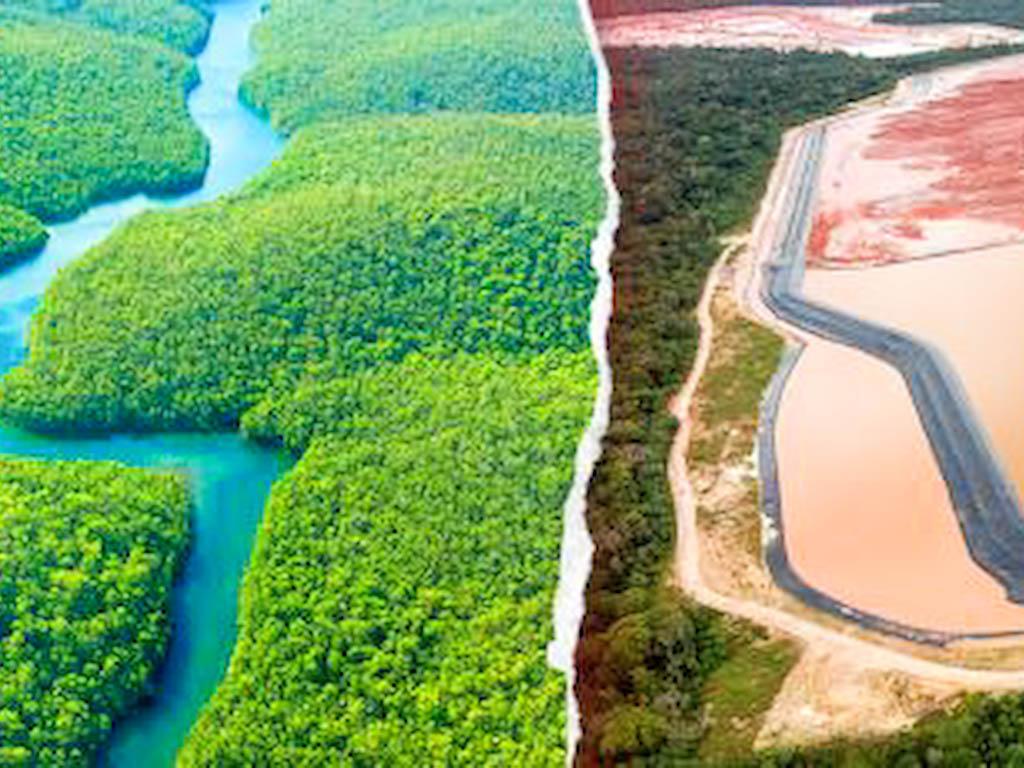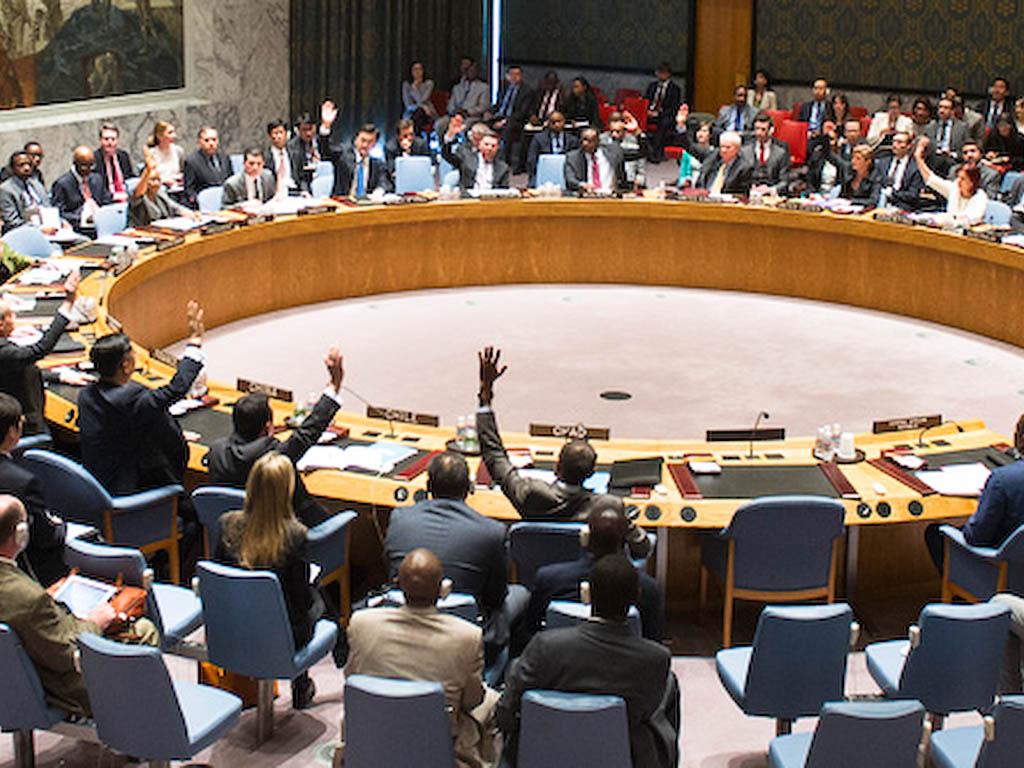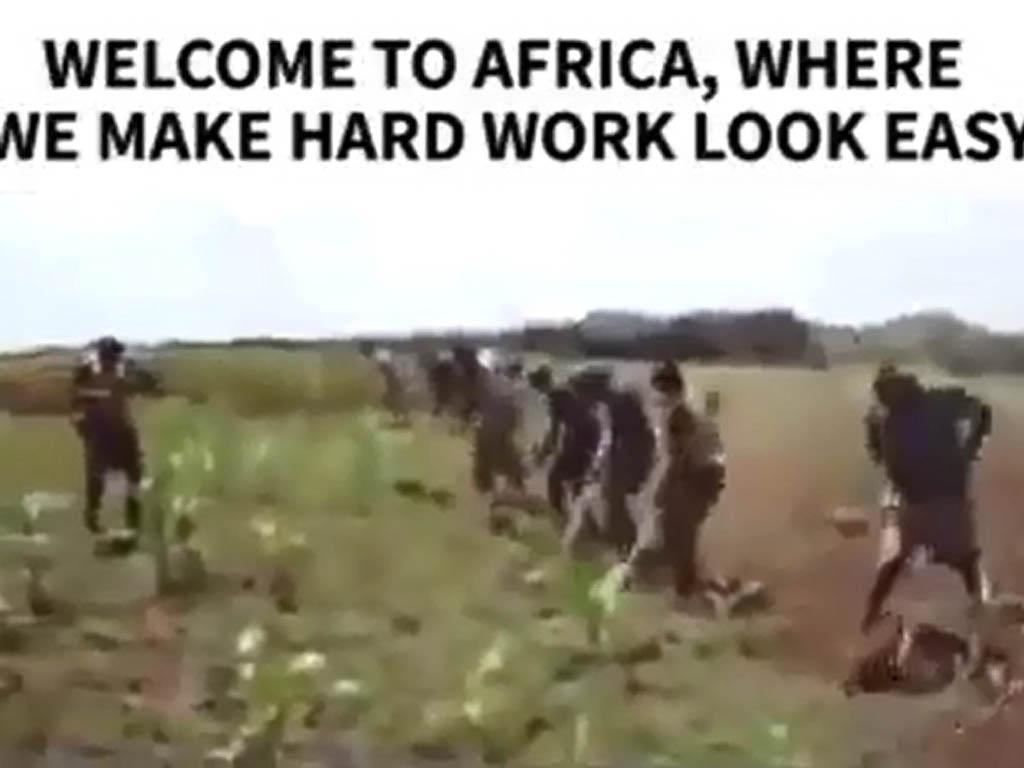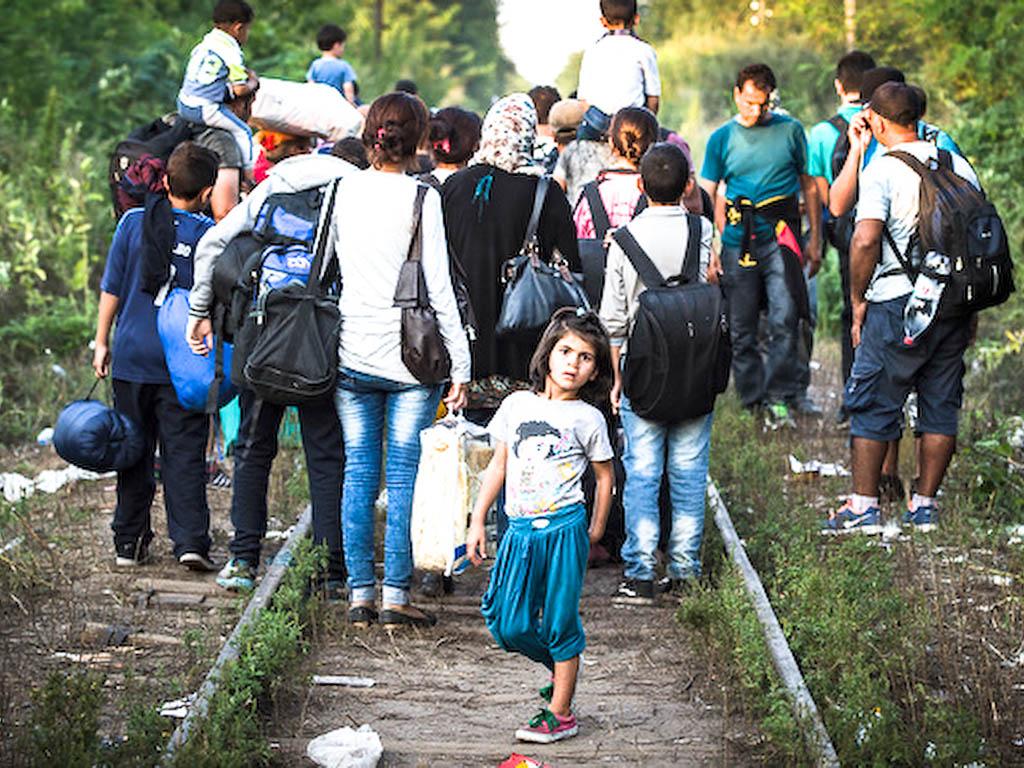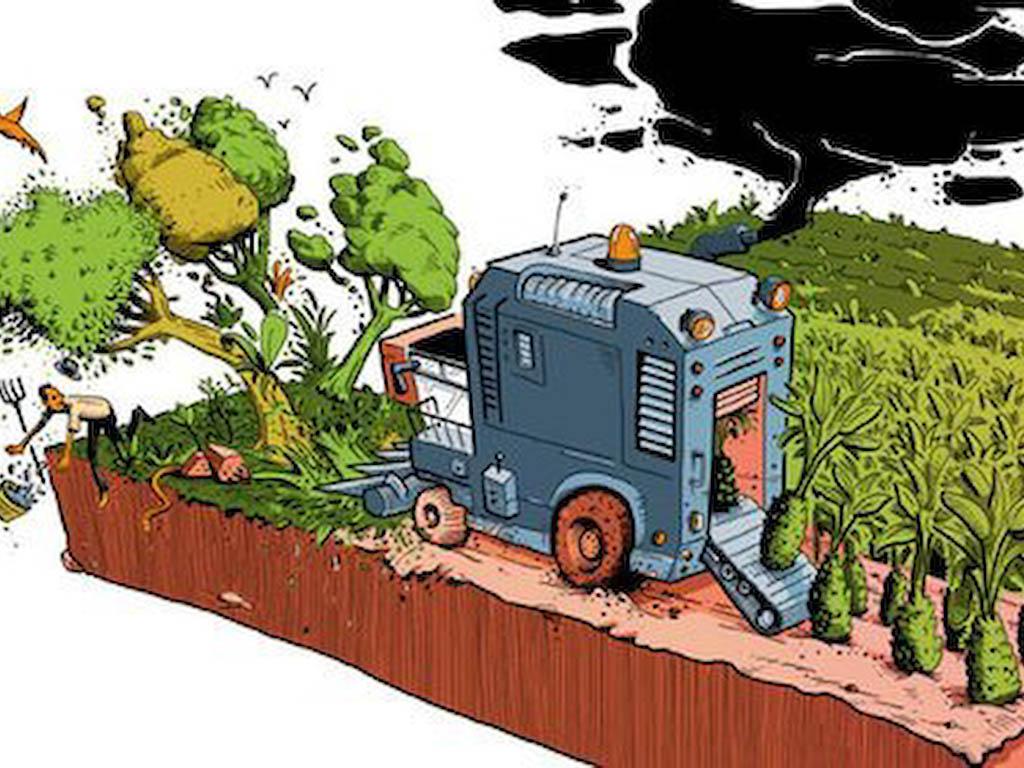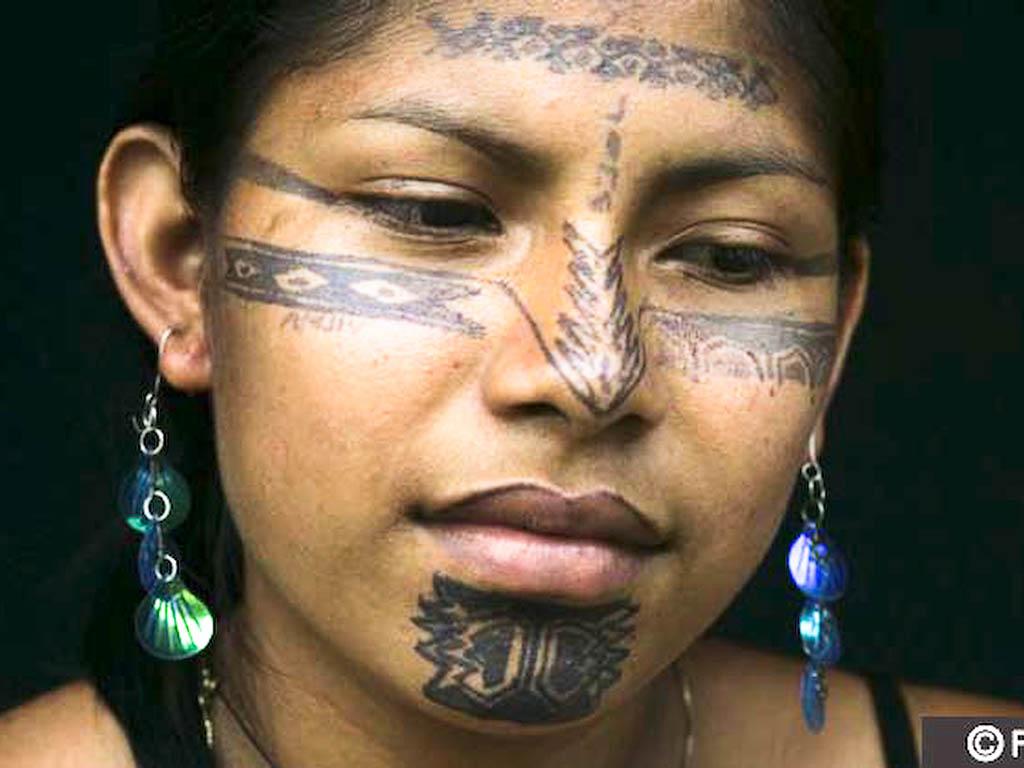Jpic News from John Paul Blog - Vol. 6 - N 5
|
THE NEWS OF THE MONTH
War to plasticWelcome, as the best family help, the plastic bags and domestic tools, are now at odd and seen as the worse enemy of nature and the future. Human intelligence however is able to create and solve many problems. Unfortunately, all depends which side the economic and financial interests are on. The latter prove is from the new machine, the scientists are preparing to launch. It is the world's first machine to clean up the planet's largest mass of ocean plastic. The system, originally dreamed up by a teenager, will be shipped out this summer to the Great Pacific Garbage Patch, between Hawaii and California, and which contains an estimated 1.8 trillion pieces of plastic. It will be the first ever attempt to tackle the patch since it was discovered in 1997. The experts believe the machine should be able to collect half of the detritus in the patch – about 40,000 metric tons – within five years. In the past few weeks they have been busy welding together giant tubes that will sit on the surface of the sea and form the skeleton of the machine, creating the largest floating barrier ever made. The Great Pacific Garbage Patch (GPGP) spans 617,763 sq miles - more than twice the size of France, and contains at least 79,000 tons of plastic, research found last month. Most of it is made up of “ghost gear” – parts of abandoned and lost fishing gear, such as nets and ropes – often from illegal fishing vessels. Ghost gear kills more than 100,000 whales, dolphins and seals each year, according to scientific surveys. Seabirds and other marine life are increasingly being found dead with stomachs full of small pieces of plastic. Creatures eat plastic discarded in the sea thinking it’s food but then starve to death because they are not feeding properly. Others are trapped and die of starvation or are strangled or suffocated by ghost gear. To know more read here And watch here | |
|
THE GOOD NEWS
South Sudan. Stopping transmission of Guinea WormAt least one good piece of news. South Sudan has recently managed to completely halt the transmission of Guinea worm, a devastating parasite that can harm people in a number of different ways. With stopping its transmission, Guinea worm total eradication is in sight. It doesn’t seem possible that the parasite could be entirely eradicated everywhere in few years' time. Over the past few years, there was a major push in South Sudan to rid the country of Guinea worm, lead by the South Sudan government alongside the Carter Center. The Carter Center is a non-profit organization founded by former US president Jimmy Carter. The Carter Center recently announced that South Sudan has gone over 15 months without a case of Guinea worm being reported. Guinea worm, scientifically known as Dracunculiasis medinensis, is a parasite which transmits itself through the water. Drinking infected water is the primary method by which people get the parasite. Water sources may have copepods, or “water fleas”, which are infested with guinea worm larvae. These copepods are too small to be seen with the naked eye. After the parasite is ingested it grows within the body for a period of between 10-14 months, which is why it’s significant that there have been no reported cases of the worm in South Sudan over the past 15 months. People usually become symptomatic about one year after infection. Though Guinea worm infections aren’t usually fatal, the infection can have some horrific effects. When the worm emerges from the body, giant, painful blisters erupt somewhere on the body, usually on the foot or lower leg. The parasite causes the skin of the infected person to experience an incredibly painful burning sensation, intended to make the victim seek out water to relieve the pain. When the worm inside the foot feels the water, it bursts out of the flesh and releases its larvae into the water, which will begin the process over again. The Guinea worm can be quite long, between 60-100 centimeters and take a significant amount of time (up to weeks or months) to completely be removed from the body. Go on reading | |
|
THE WORST NEWS
A video inspiring thoughts and actionIt blatantly states that the United States federal military budget goes towards lobbyists and corporations, not troops. Best way to bless troops is demanding the Department of Defense pay their due. Instead of pouring a trillion dollars into nuclear weapons let's pour that trillions of dollars into our communities. Each year, the United States spends half of its discretionary budget on the department of defense. The truth is, when we speak about discretionary spending, the money is in the defense department. That is more than a half of our discretionary spending. Well it's in the range of 0 billion, if you include both the Pentagon's main budget, the war budget and the nuclear warheads, which are done at the department of energy. The US military accounts for 37% of military spending in the entire world, even though the US only has less than 5% of the world's population. We spend three times as much on our military as China, nine time as much as Russia, and 48 times as much as Iran. One interesting thing about the Pentagon budget is most people don't realize that about 0 billion a year goes to corporations like Lockheed Martin and General Dynamics and other private service contractors. So, there's this notion that it's all focused on the troops. But a lot of this is arms producers, private military companies, people who carry out bureaucratic tasks. Watch the video here | |
|
CELEBRATING!
15th of May 2018: “Families and inclusive societies”The International Day of Families is observed on the 15th of May every year. Despite the fact that families all over the world have transformed greatly over the past decades as a result of global trends and demographic changes, the United Nations still recognizes the family as the basic unit of society. The struggle is about the family structure. The UN administration wants all countries to recognize the same value to a family built on the relationship between a woman and a man and those built on the relationship between two men or two women. And this, sometimes is against the country culture and will. The International Day of Families, in any case, provides an opportunity to promote awareness of issues relating to families and to increase knowledge of the social, economic and demographic processes affecting them. It can inspire a series of awareness-raising events, including national family days. In many countries, this day is an opportunity to highlight different areas of interest and importance to families. Activities include workshops and conferences, radio and television programs, newspaper articles and cultural programs. This year’s observance should explore the role of families and family policies in advancing Sustainable Development Goal 16 in terms of promoting peaceful and inclusive societies for sustainable development. The Day can also offer the opportunity to discuss the importance of ‘knowledge and skills needed to promote sustainable development, through education for sustainable development and sustainable lifestyles, human rights, gender equality, promotion of a culture of peace and non-violence, global citizenship and appreciation of cultural diversity and of culture’s contribution to sustainable development’ (SDG4, target 4.7). See the UN web page | |
|
TAKE ACTION NOW!
A massive wound to the heart of the Amazon!Brave indigenous tribes are fighting a Canadian mining giant that plans to open a toxic gold mine in the heart of their sacred Amazon lands! One tribe is facing extinction if this disaster goes ahead -- now grassroots groups are asking for our help! The mining company is close to getting all its permits, - but the tribes have managed to delay the project through the courts. Now, mounting losses are putting pressure on investors to pull out. This is our moment to act. Experts say the mine's top investor, Agnico Eagle Mines, cares about its international reputation as a sustainability leader. If one million persons call them out for this project, and deliver the petition to shareholders at their annual meeting, we could be the game-changer to end this insane venture. Sign this petition: “To the investors of Belo Sun's Volta Grande project in the Amazon and their shareholders: Your commitment to sustainability is meaningless if you invest in projects like Belo Sun's mining project in Volta Grande, in the heart of the Brazilian Amazon. As citizens of the world, we call upon you to use your power to withdraw all your investments from this crazy venture, which threatens to inflict irreversible damage to the environment and the local indigenous communities. It is not too late to make it right.” Here to sign the petition | |
|
KNOWING BETTER THE UN
The UN Security CouncilWith all the conflicts and tensions between countries rising day after day, sometimes in a rather gentle way, often in a dramatic manner, the functions that belong to the UN Security Council are making the front page. The Security Council is one of the six main organs of the United Nations UN). The Security Council held its first session on 17 January 1946 at Church House, Westminster, London. Since its first meeting, the Security Council has taken permanent residence at the United Nations Headquarters in New York City. It also travelled to many cities, holding sessions in Addis Ababa, Ethiopia, in 1972, in Panama City, Panama, and in Geneva, Switzerland, in 1990. A representative of each of its members must be present at all times at UN Headquarters so that the Security Council can meet at any time as the need arises. The Council is composed of 15 Members; five permanent members: China, France, Russian Federation, the United Kingdom, and the United States, and ten non-permanent members elected for two-year terms by the General Assembly All members of the UN agree to accept and carry out the decisions of the Security Council. While other organs of the UN make recommendations to member states, only the Security Council has the power to make decisions that member states are then obligated to implement under the Charter. While other organs of the UN make recommendations to member states, only the Security Council has the power to make decisions that member states are then obligated to implement under the Charter. More than 60 UN Member States have never been Members of the Security Council. A State which is a Member of the UN but not of the Security Council may participate, without a vote, in its discussions when the Council considers that country's interests are affected. Both Members and non-members of the United Nations, if they are parties to a dispute being considered by the Council, may be invited to take part, without a vote, in the Council's discussions; the Council sets the conditions for participation by a non-member State. According to the UN Charter, the Security Council has four purposes: to maintain international peace and security; to develop friendly relations among nations; to cooperate in solving international problems and in promoting respect for human rights; and to be a centre for harmonizing the actions of nations. All UN members agree to accept and carry out the decisions of the Security Council. While other organs of the UN make recommendations to member states, only the Security Council has the power to make decisions that member states are then obligated to implement under the Charter. Go on reading PHOTO N° 6 | |
|
KEEP SMILING
Where we make hard work look easyWelcome to Africa where we make hard work look easy. In a sharing on development, Indigenous women refused helping to dig a channel that would bring like a pipe-line water into the village. "Why? - exclaimed upset the NGO representative .- We offer you all the cost, we just ask your collaboration for this quite easy task to show that you appreciate and want the pipe-line!" A young woman stood up and said: "But that's just it. We just DO NOT want it!" When that young foreigner young man dept in searching to understand, he was said: The journey to go out of village to collect water 4 km away it is the only time the women have for themselves: they can talk, gossip, criticize, laugh, share confidences, joys, problems, anxieties far from the ears and eyes of their husbands and children. What the pipe-line will strip from them is much more than what I can offer them. Looking at this video you can wonder whether the modern machines improving agriculture while giving more income is not also depriving laborers of what community work was giving them - the joy of being together at the task. Make a click here to see the video | |
|
MUST WATCH & KNOW
We are all foreign residentsThe so-called migratory emergency is causing European democracies to go under, by denying their fundamental values, namely the human rights doctrine and the principle of equality: the declared objective is of protecting their citizens, who are, all things considered, well-off persons, from an alleged threat - physical, economic, values - coming from outside. The potential immigrant is the new barbarian and he is systematically deprived of his dignity as a person. The “scapegoat” of security is stirred up by exasperating the instinctive and unreasonable diffidence with the plan to establish the "government of fear": this is the new fuel of political action, a miserable substitute of the cultural and ideological schools of the past. It is a ruinous and contradictory project: it is enough to think that a Europe without both present and future immigrants would face an inexorable collapse, demographic first and thence economic, as well as cultural. It is a thought, the one just explained, excluded from the current political reasoning: it is usually branded as ideological, or good-natured, or perhaps naive; the actual thesis is that we are facing an epochal invasion, that we need to "govern" the flows and that the goal must be the new comings' limitation and the strengthening of the borders, whatever the cost (there are also those who produce acrobatic short circuits arguing precisely that the blockade of migration would safeguard democracy, which otherwise would end up crumbled by social rancor and racial hatred). Read here the entire article | |
|
RESOURCES
The myth of palm oil 100% sustainablePalm oil is the most produced vegetable oil in the world (62 million tons in 2016). It has become ubiquitous in consumed products: processed food products, cosmetics, detergents, and more recently for the agro-fuels production (biodiesel). Several advantages make palm oil particularly attractive for the industry: its low cost, its yield per hectare and its physicochemical properties (its consistency and its conservation properties) that make it easy to use in industrial processes. Projections also predict that global production should double (or even triple) by 2050 if (over) consumption trends persist. The extension of oil palm monocultures is, however, accompanied by numerous social and environmental damages: deforestation and climate change, destruction of biodiversity, land grabbing, inhuman working conditions, among others. In response to these criticisms, the palm oil industry has developed initiatives to promote palm oil as if it were now "sustainable". But are these initiatives really effective in dealing with the problems that palm oil poses? Justice and Peace, together with a NGOs coalition, studied the issue and drafted a report that analyzes the consequences of the extension of oil palm cultivation, such as it responds to the increase in global demand, examines the initiatives to promote sustainable palm oil and focuses on two private sector voluntary initiatives: the Round Table on Sustainable Palm Oil (RSPO) and the Belgian Sustainable Palm Oil Alliance (BASP). See The myth of 100% sustainable palm oil and the brochure. Here the full version of the file: The myth of 100% sustainable palm oil. The limits of voluntary initiatives: the case of the RSPO and the Belgian Alliance for Sustainable Palm Oil. See Le mythe de l’huile de palme 100% durable and its brochure. Here the complete version of the paper: Le mythe de l’huile de palme 100% durable. Les limites des initiatives volontaires : le cas de la RSPO et de l’Alliance belge pour une huile de palme durable. | |
|
WITNESSING
Indigenous Peoples' Cosmo-vision advocacies for natureIndigenous peoples’ views of nature are incompatible with the extractive model, which is based on excess and limitless profit-seeking that drives to prey on natural resources and threatens the future of all human kind. There is a real philosophical conflict between the western worldview and the cosmo-vision of indigenous peoples. Their cosmo-vision is often based on the notion that human beings live in constant interrelation with the entities that make up nature, each of which have their own life that needs to be respected in the same way as human life. Nature is not only composed of trees, lakes, mountains and oceans. It is made up of a multitude of living entities with which we have lost contact and that are necessary for maintaining both local and global balance. As an example Sabino Atanacio Gualinga Cuji, Yachak representative of the Kichwa Nation of Sarayaku (Ecuador) states that in defending nature we are defending all humanity. "We are responsible for what nature gives us. To live in harmony with nature, we need to use it sensibly. Nature has its own life; rivers, lakes, mountains, trees and everything found in nature has its own life. Harming these is to recklessly cause an irreversible imbalance. Go on reading the article |

Office P.O. Box 138 - Montclair NJ 07042 0138 US
Please share your suggestions, opinions, doubts and ideas writing to pezzijp@jpic-jp.org
You can subscribe also by writing to webmaster@jpic-jp.org
For all back issues www.combonimissionaries.org - www.comboni.org
Copyright © www.jpic-jp.org

